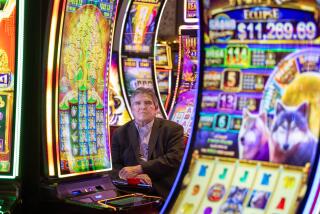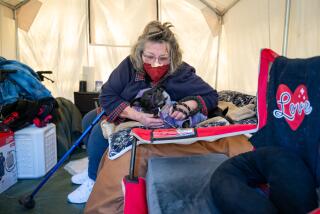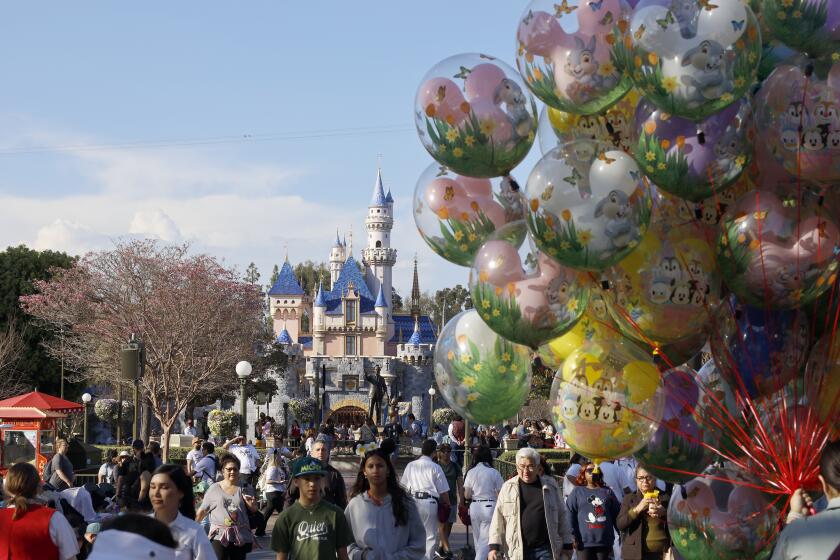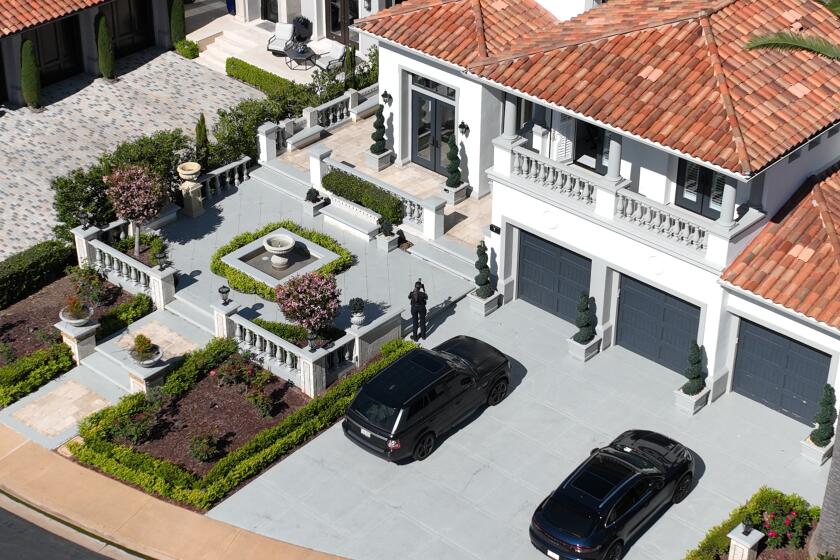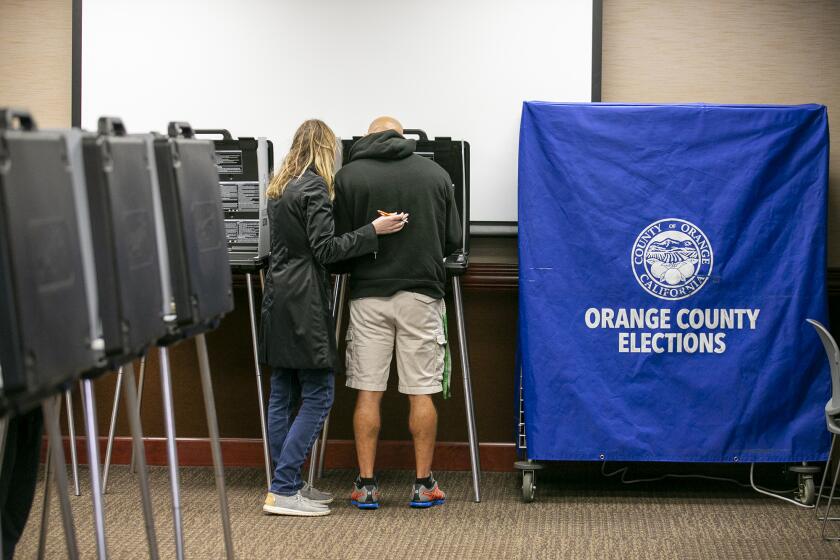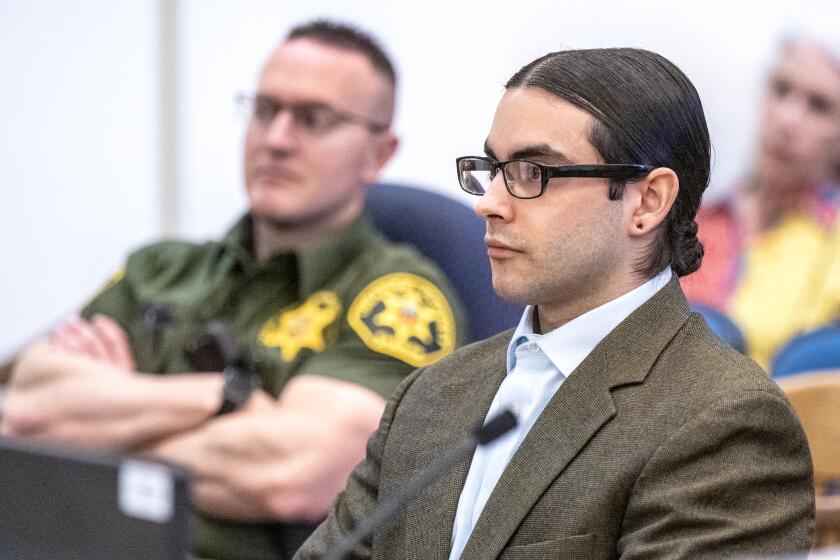Juaneño tribal leaders are ‘devastated’ by another delay in construction of San Juan Capistrano park
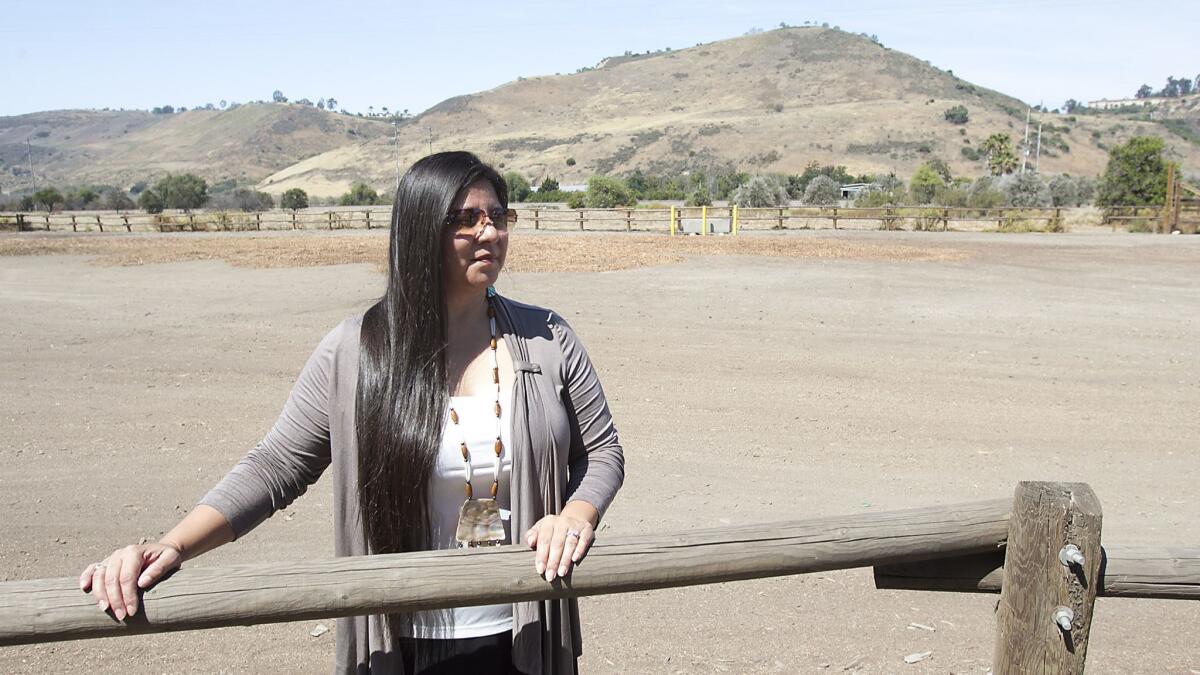
As plans for a park and cultural center devoted to the Juaneño Band of Mission Indians continue to stall in San Juan Capistrano, tribal leadership is concerned the project won’t be completed.
“There isn’t anything in Orange County right now that says there were people here before anybody else — this was going to be it,” said Adelia Sandoval, a spiritual leader with the tribe. “It’s about those who walked here before us.”
Putuidem Village was seen as a long-sought tribal victory when the City Council first approved the educational park in 2016. The Northwest Open Space, a 65-acre natural area near the 5 Freeway where the 1 acre municipal park would be built, is considered one of the first Native American settlements in what became Orange County.
On Tuesday, the City Council again voted to table the project to gather additional public opinion and rectify potential land-use issues.
“I’m really scared that it’s just never going to happen,” Sandoval said. “That’s just been our history.”
Though it was expected to be open by now, the Putuidem Village has been stalled by various financial obstacles. The first came early last year when the city found that it lacked the funds to pay for the annual maintenance. Once that was resolved, construction bids exceeded the budget.
Then the city went back to the drawing board to put together a scaled-down version of the park, which went before the City Council on Tuesday.
Asst. City Manager Jacob Green said the new version maintains nearly all of the cultural amenities of the prior project, including six ramadas, six kiichas, a community stone, cultural amphitheater, interpretive panels, directional monuments and a statue of Coronne — the Acjachemen’s first female chief.
The city worked with a committee of Juaneño members — the Putuidem Committee — in revising the park.
The council voted 4-1, with Councilman Derek Reeve dissenting, to table the project until the community has had an opportunity to provide input on what it would like to see in the Northwest Open Space area during public workshops.
Green said the number and dates of the workshops would be announced in the coming week.
The decision also stalls consideration of an exclusive negotiating agreement with Red Tail Acquisitions, which would develop 40 acres of the Northwest Open Space for camping and “glamping.”
Unlike the Putuidem Village, the Red Tail campground has been contested at council meetings by residents who claim the development goes against the language of Measure D, which voters passed in 1990 in order to use bond funds to “acquire lands for park, agriculture, open space, and related uses, in order to save these lands from potential residential and commercial development and to develop youth, senior and other community facilities.”
Mayor Pro Tem Troy Bourne opened the City Council discussion with a rundown of potential land-use issues that could arise with both the Putuidem Village park and Red Tail campground. The Northwest Open Space is currently designated as a community park. The zoning code doesn’t allow for camping, nor does it allow for a nature or educational center in the Northwest Open Space, which the Putuidem Village could be considered.
“Let’s pump the breaks on this,” Bourne said, urging the council to wait until after a community forum to gauge public opinion.
All of the council members agreed to postpone developments on the park except for Mayor Brian Maryott, who railed against further delays.
“This has been going on for so long, and tonight we are splitting hairs about words in our zoning regulations,” Maryott said.
Prompted by council member inquiries, City Manager Ben Siegel said the “the zoning is ambiguous.”
Maryott also questioned the need for even more community forums.
“There have been several public meetings on this park and little opposition, so it’s a little odd to me,” Maryott said.
After the meeting, tribal leaders voiced dismay.
“I am devastated,” said Joyce Stanfield Perry, Juaneño cultural resource director. “We have gone through four councils and six commissions — not once were these zoning discrepancies mentioned.”
The sacred sites and lands of the Acjachemen descendants, whose history traces thousands of years, have been plundered, desecrated and devoured by development. They became known as the Juaneños after Spanish colonialists built Mission San Juan Capistrano in 1776. Today there are about 1,900 members in the tribe.
Perry said the village would be an important tool for educating the public and a vital gathering place for tribal members, where they could perform important ancient rituals including mourning the dead. She said tribal members have been waiting for a piece of dedicated land like the park since 1980.
“Our church isn’t in a building,” Perry said.
Twitter:@benbrazilpilot
More to Read
Get the Latinx Files newsletter
Stories that capture the multitudes within the American Latinx community.
You may occasionally receive promotional content from the Los Angeles Times.
